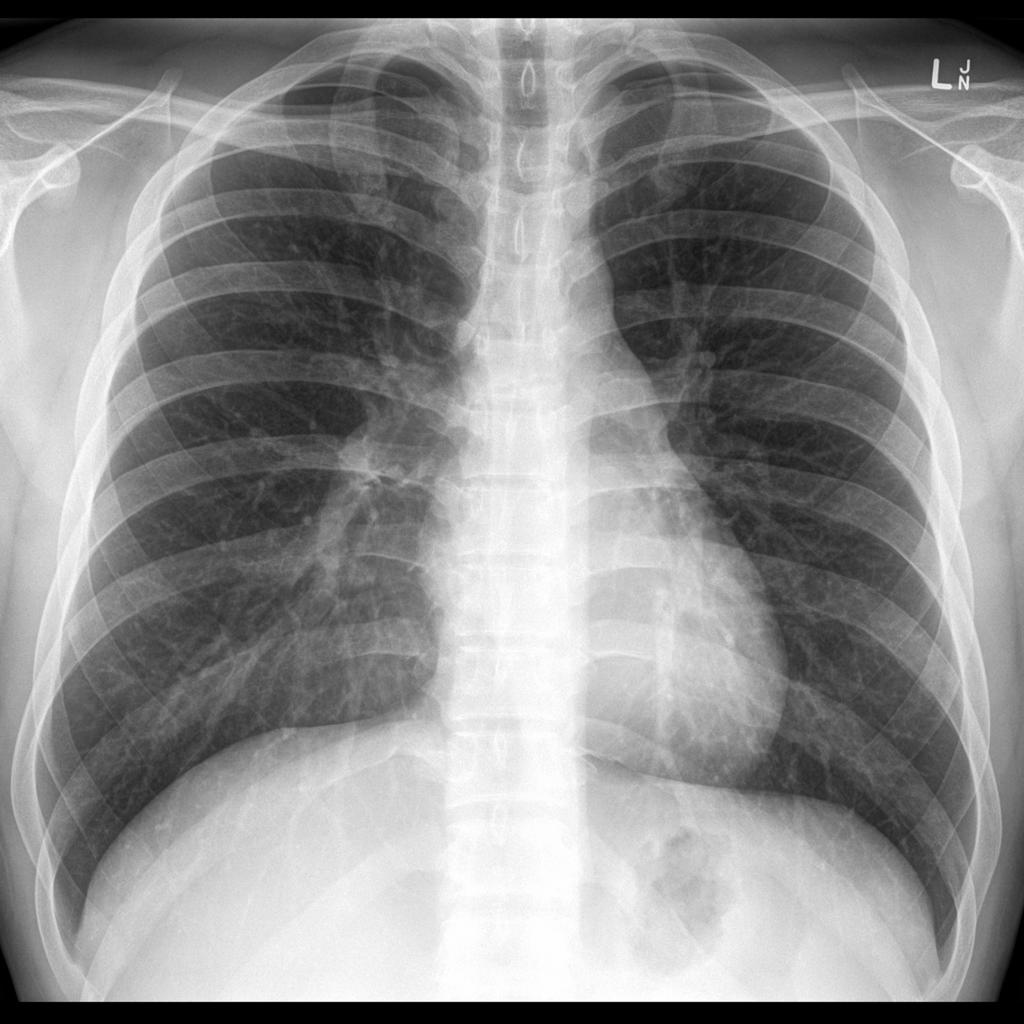
These would be terrifying numbers if this was the Delta wave, but this is Omicron and that does make a difference.
So what's changed?
/1
#Omicron #COVID19
nationalpost.com/news/canada/on…
So what's changed?
/1
#Omicron #COVID19
nationalpost.com/news/canada/on…
Omicron is less severe. It tends to present as an upper respiratory tract infection as opposed to a pneumonia. The reason is related to the change in the spike protein and its ability to enter lung cells.
/2
upi.com/Top_News/US/20…
/2
upi.com/Top_News/US/20…
Does this mean that it's safe to be unvaccinated? Unfortunately not.
While the unvaccinated population will not have as many deaths per infection as in the Delta wave, they are at massively increased risk of serious disease and death compared to their vaccinated peers.
/3
While the unvaccinated population will not have as many deaths per infection as in the Delta wave, they are at massively increased risk of serious disease and death compared to their vaccinated peers.
/3

So how can I be optimistic with a highly contagious variant that can still produce severe disease and seems to stalk our elderly, unvaccinated, and immunosuppressed?
/4
nationalpost.com/health/we-aren…
/4
nationalpost.com/health/we-aren…
The trajectory of descent is the same as the trajectory of ascent. Because Omicron is so contagious, it will transmit through the entire population, peaking quickly by running out of hosts to infect.
Omicron is a flash flood, damaging but brief.
/5
cnbc.com/2021/12/29/fau…
Omicron is a flash flood, damaging but brief.
/5
cnbc.com/2021/12/29/fau…
Many of the patients admitted for Omicron have less severe disease compared to Delta. They tend to be elderly with flu like symptoms without significant hypoxia. This means they need supportive therapy, hydration, and rest. Some however are quite sick.
/6
nationalpost.com/health/from-co…
/6
nationalpost.com/health/from-co…
The two wild cards are temporary loss of staff to the virus, and severe illness in the unvaccinated population.
We are already seeing some staff returning to work, but we will remain at reduced capacity throughout this wave.
/7
theatlantic.com/health/archive…
We are already seeing some staff returning to work, but we will remain at reduced capacity throughout this wave.
/7
theatlantic.com/health/archive…
A staggering 69% of Ontario's COVID ICU admissions are unvaccinated or partially vaccinated.
If you've been waiting to get vaccinated or boosted but couldn't find the time, the time is now.
We'll be through this soon, but help us keep the system afloat and get vaccinated.
/8
If you've been waiting to get vaccinated or boosted but couldn't find the time, the time is now.
We'll be through this soon, but help us keep the system afloat and get vaccinated.
/8

• • •
Missing some Tweet in this thread? You can try to
force a refresh









